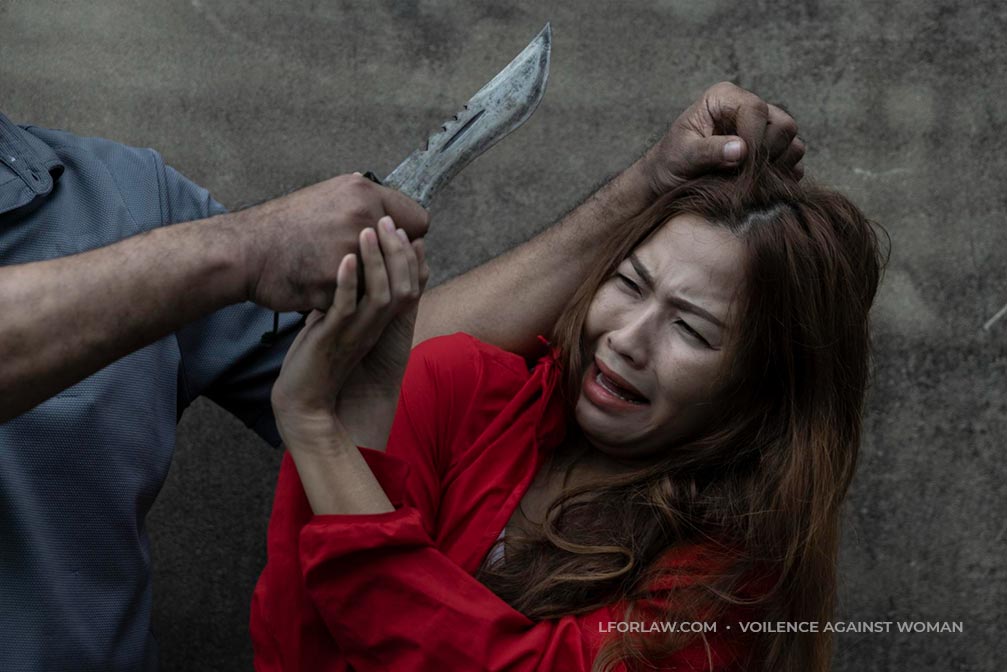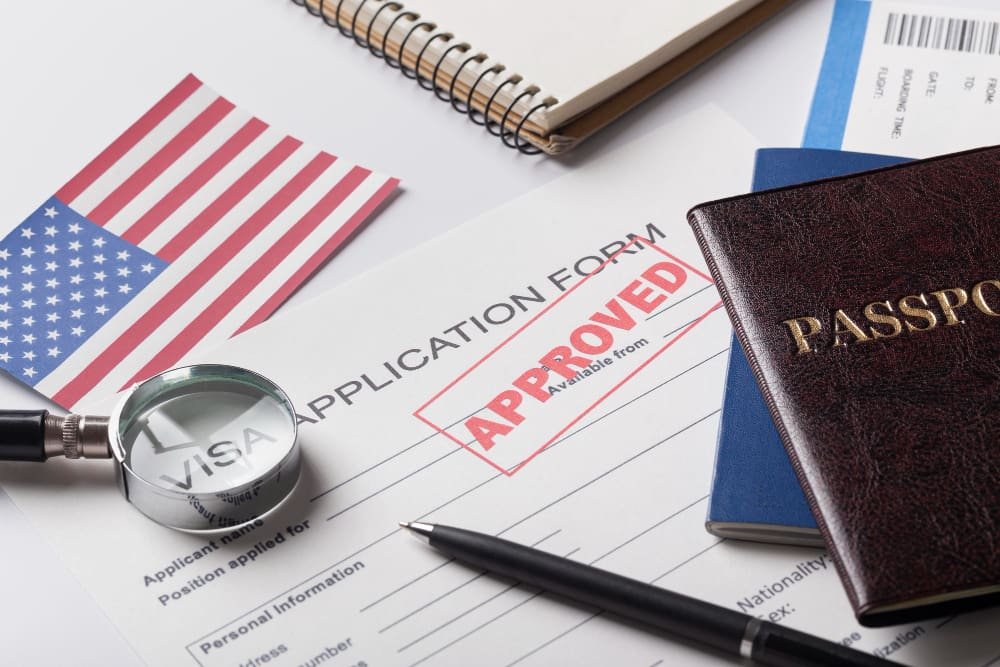
To apply for a Green Card without leaving the country under the Violence Against Women Act (VAWA), individuals must submit Form I-485, Application to Register Permanent Residence or Adjust Status. Approval of Form I-360 is a prerequisite for Green Card eligibility. If a visa is readily available, applicants need not wait for Form I-360 approval to file Form I-485.
If seeking to adjust status as an immediate relative, individuals can file Form I-485 at any time due to the immediate availability of visas. However, those adjusting under a family-based preference category may need to wait for visa availability.
Form I-485 may be filed concurrently with Form I-360 while Form I-360 is pending or after Form I-360 approval. If a pending Form I-485 based on an abusive family member’s filed Form I-130 exists, it can be converted to a VAWA self-petition. This requires notifying the USCIS field office within 30 days and providing a safe address for future correspondence.
Failure to provide evidence of a VAWA self-petition within 30 days may lead to USCIS basing its decision on the original Form I-130. Conversely, approval of the VAWA self-petition alters the basis of the adjustment of status from the original Form I-130 to the VAWA self-petition.
Evidence required for USCIS Form I-360
To establish eligibility for a VAWA self-petition, a self-petitioning spouse must meet seven requirements.
- Relationship to the Abuser: Proof of a marital relationship via a valid marriage certificate is typically required. Alternatively, evidence of being a natural, stepchild, or adopted child of a citizen or lawful permanent resident is necessary. Exceptions apply if the marriage ended due to bigamy, death of the spouse, or divorce within the past two years.
- Abuser’s Citizenship or Status: Evidence of the abuser being a U.S. citizen or lawful permanent resident is essential. Special consideration is given if the abuser lost or renounced their status within the past two years due to incidents related to domestic violence.
- Residence in the United States: Applicants must generally reside in the United States during the application. Exceptions exist for certain circumstances, such as if the abuser is a U.S. government employee or if the abuse occurred while the applicant was physically present in the United States.
- Residence with the Abuser: While current cohabitation with the abuser is not mandatory, past cohabitation must be demonstrated. Separation from the abuser is not required to file a self-petition.
- Battery or Extreme Cruelty: Credible evidence of battery or extreme cruelty is necessary, including civil protection orders, medical reports, and affidavits from relevant professionals. Various forms of abuse, such as physical violence, sexual abuse, and psychological abuse, are considered.
- Good Moral Character: Applicants must demonstrate good moral character through police clearances or criminal background checks from relevant jurisdictions where they resided for six or more months in the preceding three years.
- Marriage in Good Faith: For self-petitioners based on marriage, evidence of genuine intent to marry, devoid of immigration fraud, is crucial. This requirement does not apply to elder parents but is necessary for stepchildren.
By fulfilling these requirements and submitting the appropriate evidence, individuals can pursue a VAWA self-petition with confidence.




